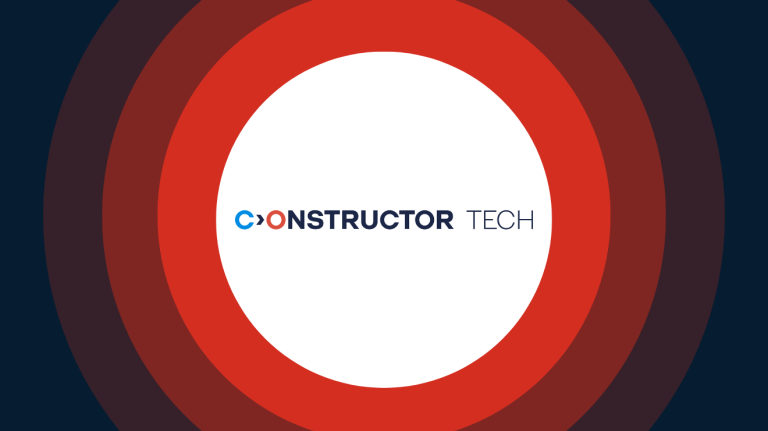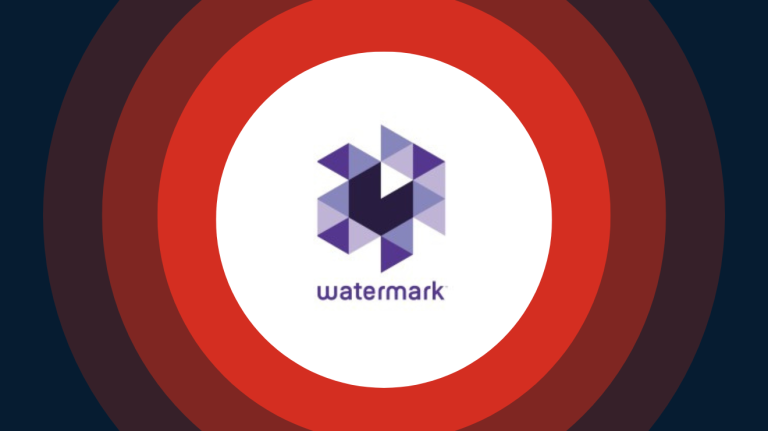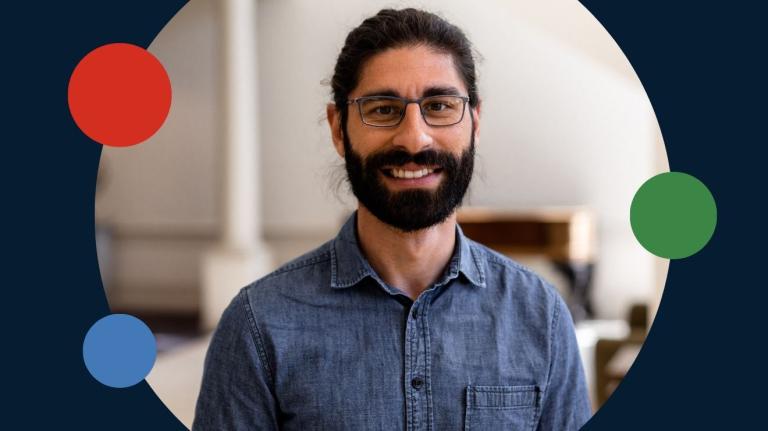Instructure joined thousands of higher education leaders, faculty, and vendors in Nashville last week for EDUCAUSE 2025. Focused ahead on the transformation we’re all experiencing, the conference pushed us to evaluate and rethink how we serve students and structure learning experiences. Topics like student voice, institutional resilience, and the changing role of AI caught our attention.
Here are three key takeaways that sparked great conversations.
1. Re-examine our relationship with AI
Generative AI continues to dominate the larger conversations in education, but the focus shifted this year to the effective and ethical integration of AI. Institutions have experienced AI’s disruptions, benefits, and current weaknesses. This year’s sessions emphasized what institutions have learned about topics like responsible use, best applications for faculty development, and how to elevate the learning journey with AI without losing human interaction. Operationalizing and putting boundaries around AI has replaced a past focus on experimentation at the individual level. Institutions are recognizing the need for more training so that faculty, staff, and students can apply AI more confidently across teaching, learning, and administration.
AI literacy has also become a top priority. We want students to use AI responsibly and ethically, but the conversation is expanding to help students question and even shape AI.
2. Redesign higher ed for what’s next
Sessions like Higher Ed 2035 and From Ideation to Innovation held a common thread: the time to rethink course structures, instructional design strategies, and even campus culture is now.
Institutions are creating spaces that prioritize 21st-century skills and breaking down silos between teams. They’re evolving their enterprise systems for better alignment with their short-term and long-term goals. IT teams are examining infrastructure for adaptability and even allowing students to lead operations.
There is certainly urgency in adapting to changing policies and tech challenges. But the mood was optimistic and collaborative.
3. Redefine student success
We’re preparing students for an evolving world, not just a degree. Sessions like Designing a Student-First University covered how we can reshape the student journey. Some use generative AI to accomplish that. Some prop up student voice. But all focused on the goal of workforce readiness and how campuses can create real-world experiences earlier and more intentionally.
Success can also take shape by involving students in the decision-making process. Why shouldn’t leaders and institutions co-create those learning experiences with them? How about allowing them to inform AI policies? While not prescriptive, the emphasis was on building with students, not just for them.
What’s next for higher ed?
EDUCAUSE 2025 made it clear that we’re already in the midst of transformation. Policies, funding, enrollment, AI, digital platforms, and student readiness are all transforming. The emerging key to thriving in this transformation was collaboration: allowing leaders, faculty, and students to learn with and from one another throughout the process. Higher education in 2035 will undoubtedly look different than it does today. The challenge is to maintain momentum collaboratively and ethically, always keeping our learners at the center.
Thank you to everyone who stopped by the booth! Want to continue these kinds of conversations? Head over to the Community or sign up for InstructureCon 2026 in Louisville!
Related Content
 panapto-blog-thumbnail.png
panapto-blog-thumbnail.pngBlogs
 constructor-tech-blog-thumbnail.png
constructor-tech-blog-thumbnail.pngBlogs
 canva-watermark-blog-thumbnail.png
canva-watermark-blog-thumbnail.pngBlogs
